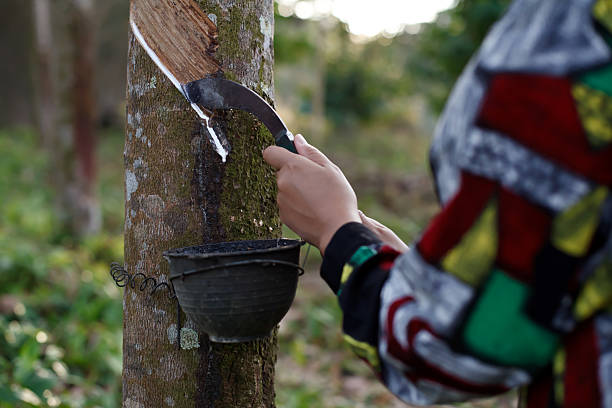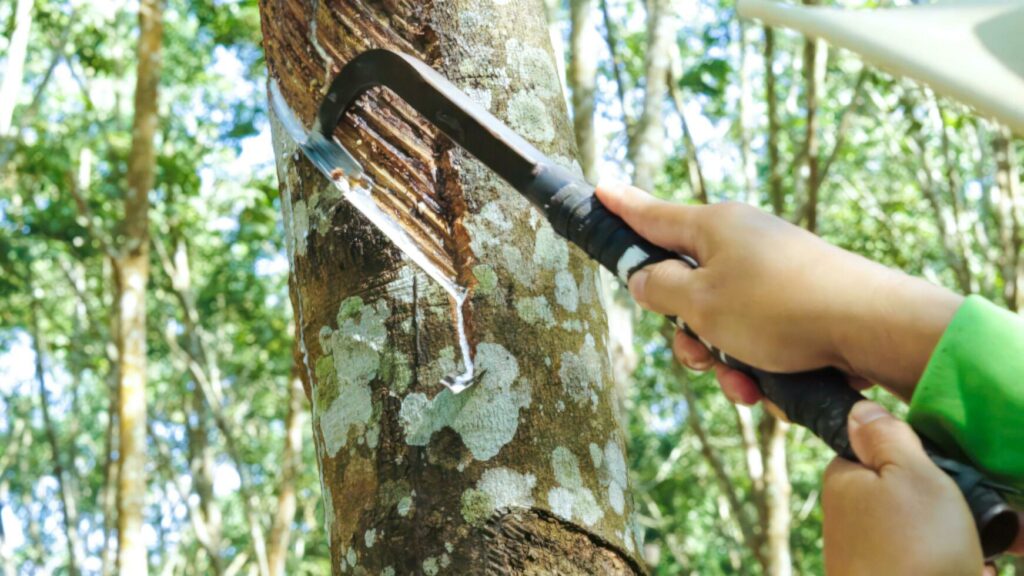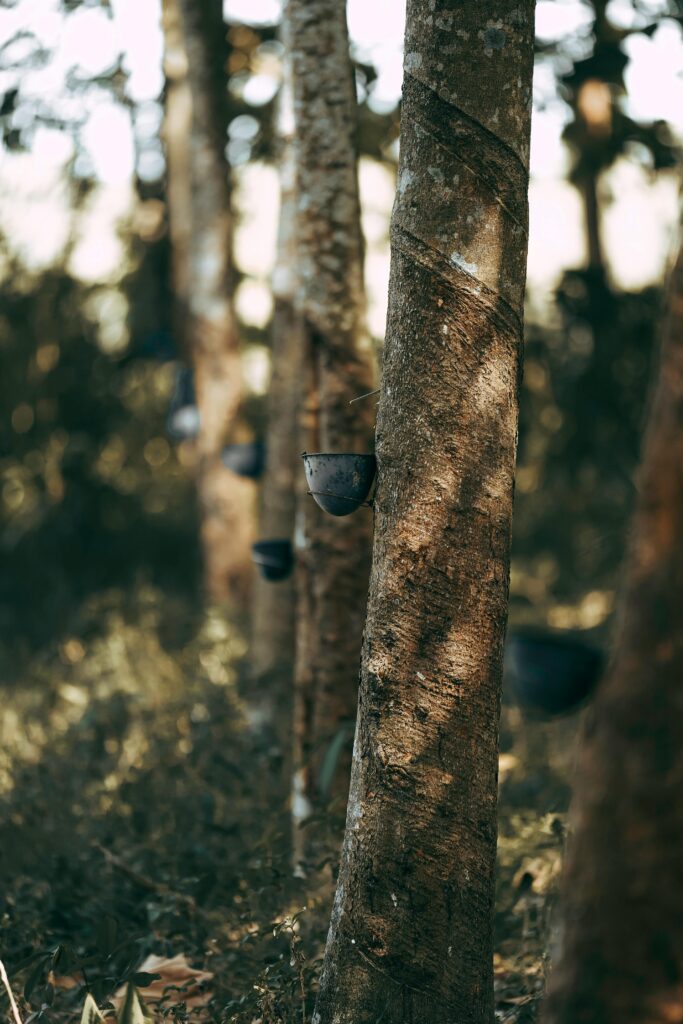Strengthening Côte d’Ivoire’s Rubber Future From the Ground Up
In a landscape long shaped by smallholder farmers, Côte d’Ivoire’s natural rubber industry stands as both a pillar of the economy and a lifeline for rural communities. As the EU's deforestation regulations raise the bar for market entry, thousands of farmers faced the risk of being shut out. TRST01 stepped in to bridge this gap enabling deforestation-free, fully traceable rubber supply chains that protect livelihoods while securing Côte d’Ivoire’s position in global trade.

Background
Côte d’Ivoire’s rubber industry, shaped by smallholder farmers, is a lifeline for rural communities and a pillar of the economy. As stricter EU deforestation rules threatened market access, TRST01 enabled deforestation-free, fully traceable supply chains protecting livelihoods and securing the nation’s place in global trade.

Challenges
- Fragmented supply chain with multiple layers of dealers and processors.
- No unified digital record of land use or farmer ownership.
- Manual processes leading to gaps and inconsistencies in traceability.
- Limited farmer familiarity with digital tools and compliance procedures.
- Difficulty in establishing trust for accurate data collection and storage.
- Risk of losing access to EU markets due to inability to meet traceability norms.

The Solution- Ground-Up Digitisation Anchored in Farmer Participation
Field agents mapped farms, captured plot data, and supported onboarding in local languages.
Mobile-first platform designed for low digital literacy and cooperative use.
Land data, transactions, and processing events recorded and linked end-to-end.
DDS and certification documents generated without manual input from exporters.
Multi-tier validation of all data to ensure audit readiness and trust.
Regular sessions to demystify compliance and increase adoption at the grassroots.

Impact
The initiative has strengthened Côte d’Ivoire’s position in the global rubber trade by aligning smallholder-driven production with the world’s most stringent sustainability requirements. Farmers are now active participants in transparent, verified supply chains, while exporters operate with confidence in meeting compliance demands. The sector is not only securing present-day market access but is also building resilience for the evolving future of sustainable trade.